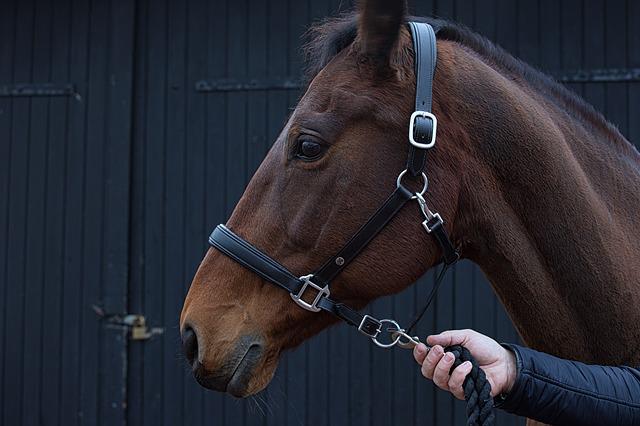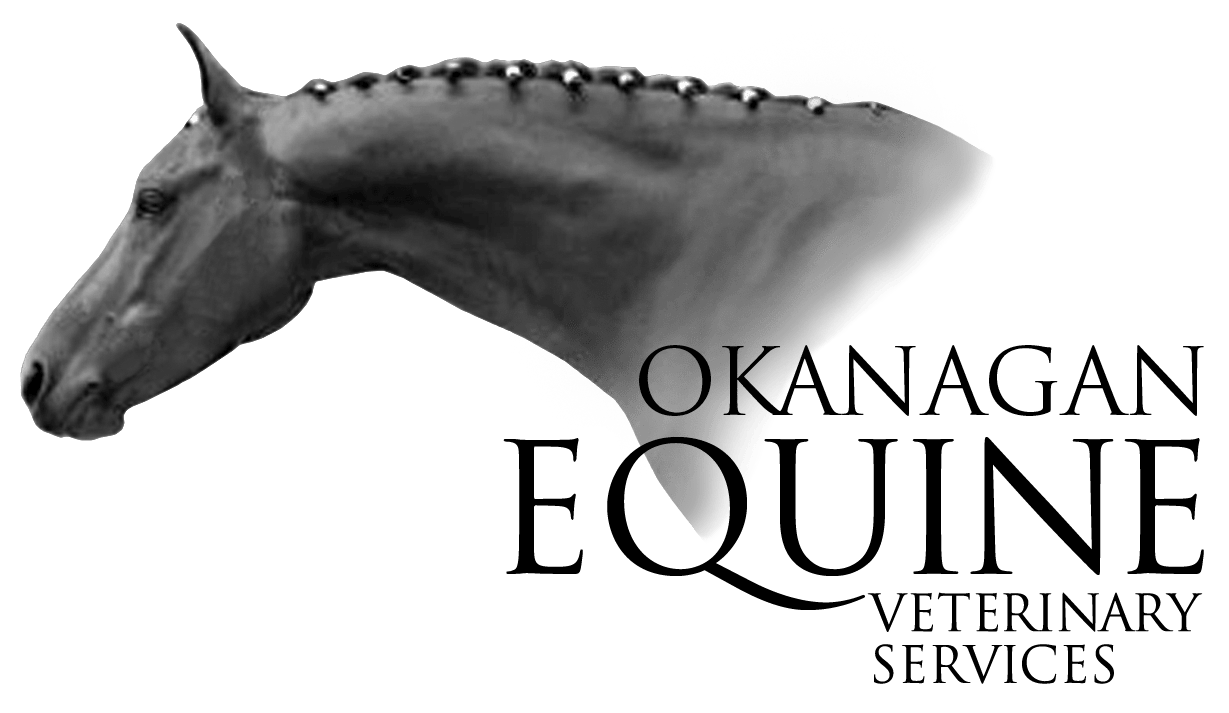
4. Beginning the morning following surgery, your horse should be exercised at least twice daily for at least 15 minutes at a trot. THIS IS OF UTMOST IMPORTANCE! This exercise will keep the incision(s) open and draining. The exercise may be in the form of lunging, riding, or chasing him in the field. The fluid which drains from the incision(s) will be clear or blood-tinged. This exercise should be continued for at least two weeks. Probably 95% of complications which occur following the immediate postoperative period are due to a lack of exercise.
5. Some swelling of the surgery site and sheath is normal following castration. If the swelling seems excessive (ie. the end of the sheath is larger than a grapefruit) give us a call. Usually, this indicates the incision(s) have been sealed shut. Hosing the surgery site and vigorous exercise will often decrease the swelling. Occasionally phenylbutazone (bute) and/or antibiotics are required.

